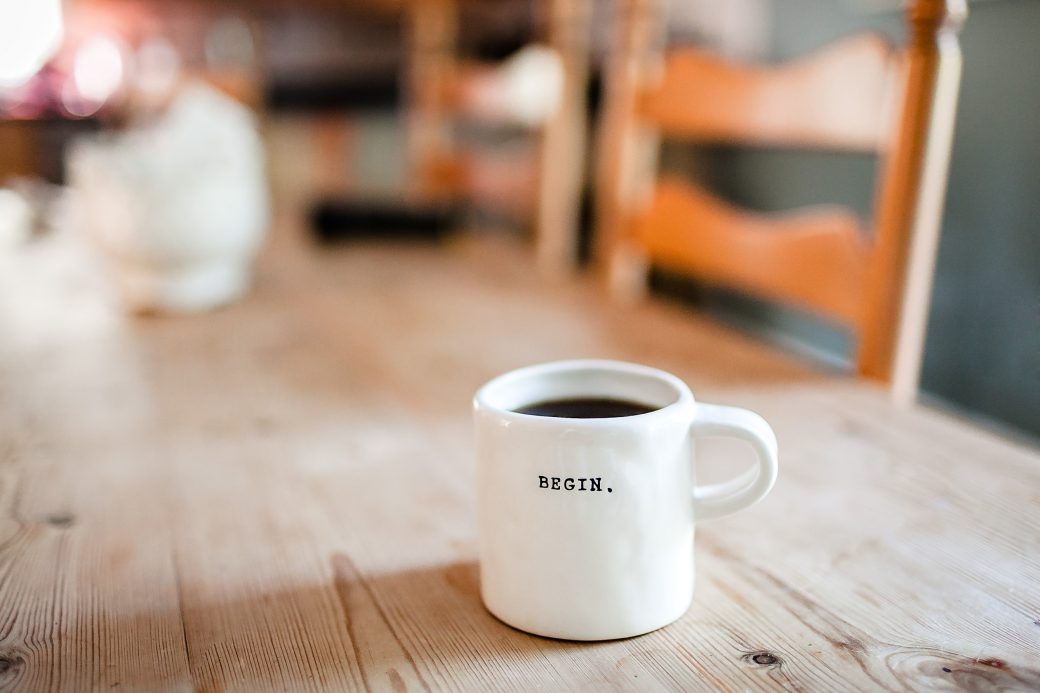The journey of a recovering addict is long, hard, and fraught with possible roadblocks and speed bumps. Making the move to get your life back is one of the bravest things you can do, but even the most resolved among us struggle with the day-to-day. Recovery can take months, years, or an entire lifetime. Often we look to alternative treatment methods to be a “silver bullet” for our struggles. While this isn’t realistic, some alternative methods for recovery can be of use. Here’s what you need to know.
Alternatives to step programs
Every addict has at least heard of and many have at least tried a step program – most notably the 12 steps offered by groups like Alcoholics Anonymous and Narcotics Anonymous. These aren’t the only programs, however. SMART recovery is one, for instance, that limits the notion that one is “powerless” in the face of their addiction. There are even internet-based programs like the Life Process that can be used in place of traditional AA and NA. Check here for more info on alternative programs.
Acupuncture, massage, and other “hands-on” therapies
There is plenty of evidence out there that various types of body manipulation therapy can be useful to help fight addiction. The vast majority of the evidence is just anecdotal and not scientific, however. But when it comes to recovery it’s logical to take a hey, whatever works as long as it’s healthy approach to treatment. Acupuncture has been used for thousands of years to treat a wide array of ills. Massage (especially pressure point focus) is said to help. Other, more “alternative” therapies, include things like Emotional Freedom Technique (EFT), which involves tapping on pressure points (it’s sort of like a less-invasive acupuncture) and Shamanic Energy Healing, which uses light touches and hovering to repair your body’s energy and allow it to heal from trauma and stress.
Diet and exercise
While having a good diet and getting enough exercise is recommended for everyone on the planet, using diet and exercise to specifically target addiction recovery can be considered alternative. But there is no supplemental recovery method more effective than taking good care of your body, as a healthy body leads to a healthy mind. You don’t have to give up every piece of junk food you love. You do need some sort of happiness in your life, after all. But committing to a healthy three-meal-per-day plan and committing to 30 minutes of moderate activity per day is a good place to start.
Mindfulness practices
What does it mean to be mindful? Simply put, mindfulness is about being in the present – forgetting about past mistakes and regrets and refusing to succumb to future fears. Mindfulness is a sharp tool in your recovery bag. Activities like yoga and meditation have been used by recovery retreats for years – because they work. But you can do them every day in your own home. Get started here.
So, any problems with alternative therapies?
If you read something online that says drinking a weird herbal goo will make you never want a drink again, approach it with a high level of skepticism. The thing about many alternative recovery methods is that they are untested and unproven. This doesn’t mean they don’t work, necessarily, it just means you must be careful in putting all of your eggs in one basket.
Alternative therapies are best used in conjunction with and as a supplement to traditional recovery techniques. You’re not going to “beat” alcoholism with acupuncture, for example, but if you use it in conjunction with traditional treatment, programs, and a healthy diet, it may help you immensely. Beware of any sort of alternative therapy that begins to drain your bank account, and if it feels unhealthy you should probably stop. But you are strong, and you can master this path. You should explore all the tools at your disposal.
Photo via Unsplash

